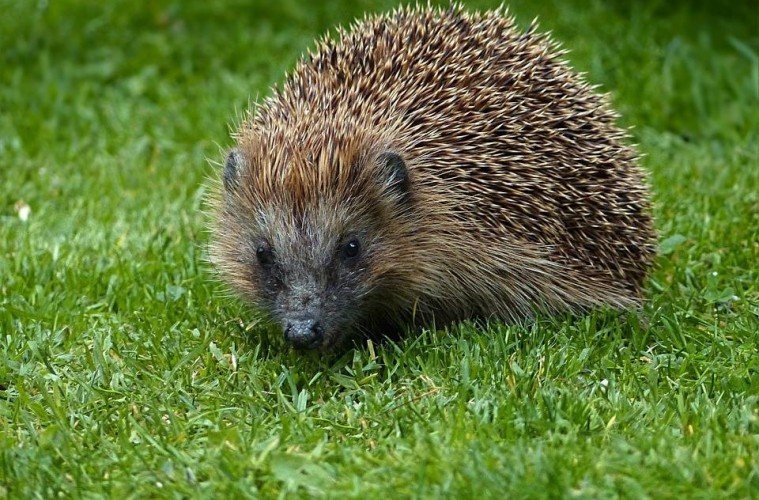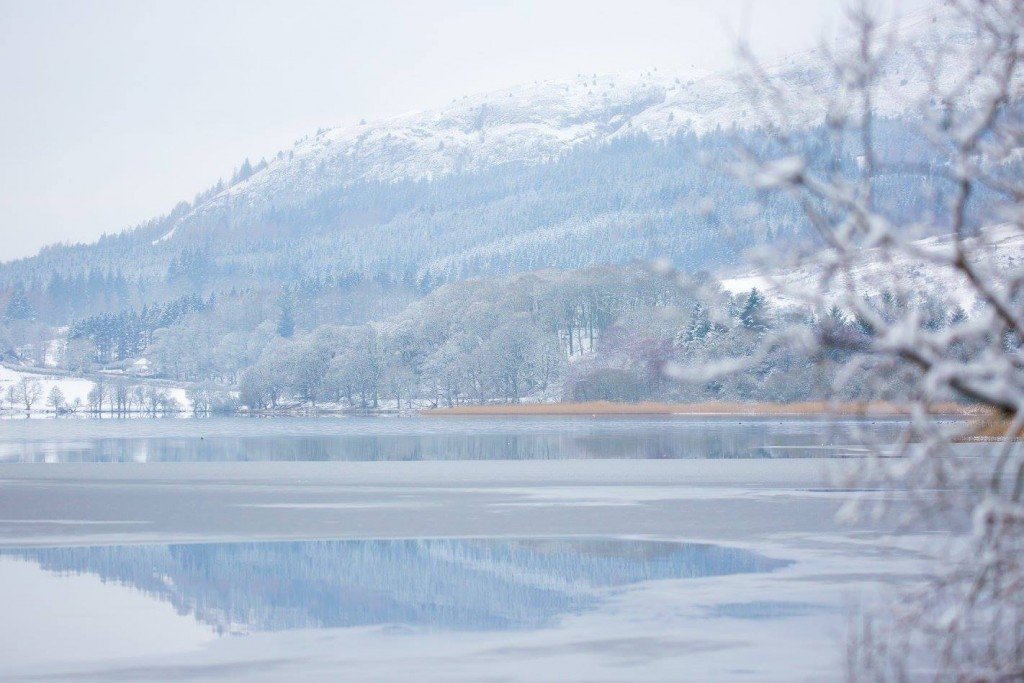Our partners David Bodenham and Philip J. Taylor at Eco Sapien share their story about how their love for nature, Scotland and British wildlife led them to join forces to promote the importance of biodiversity.
Eco Sapien grew from two journeys to contrasting locations. David headed to North Ronaldsay, in Orkney, a cluster of islands off the north coast of Scotland. Filming migrant birds, seal colonies, and an interesting breed of sheep that eats mostly seaweed, he produced an ambitious three-part documentary about the island’s history and its wildlife.
Phil, meanwhile, ventured over 5000 kilometres south to the dry tropical forest of Madagascar, in search of lemurs, chameleons, and the incredible giraffe-necked weevil, and produced a cheap and cheerful series of documentaries that would eventually become Eco Sapien’s video Madagascar: The real King Julian.
On our return home, our respective documentaries caught each other’s attention and David approached Phil with the idea for a new YouTube channel to promote the importance of biodiversity. After weeks of script writing, filming and editing, Eco Sapien went live on YouTube, championing the value of bees and the modern zoo during our initial video releases.
One of our earliest videos – Why do we need the modern zoo?
Eco Sapien broke out of the digital realm and into the real world in 2015 with the launch of our environmental education programme. Teaming up with St Nicks Environment Centre in York we ran bat nights and minibeast safaris for families and school pupils. St Nicks is a marvellous example of how to turn a landfill site into a beautiful green space for the benefit of both nature and people. Learn more about their valuable work with our video ‘Is nature good for your health?’ on our channel.
During Eco Sapien’s subsequent work we have visited amazing places across the globe, but we believe in championing the cause of our local wildlife. British wildlife often gets overlooked but there is a huge diversity to provide amazing encounters. David and Phil have a great love of Scotland, from working, volunteering, and holidaying throughout its countryside. Scotland has a troubled natural history, which includes the hunting to extinction of wolves, rampant exploitation of land by a Victorian elite for activities such as deer stalking, and a perpetuation of bad management techniques into the modern era.
What can you, as a traveller, do to help? Visit, explore, and find the truth behind chocolate box pictures of heather-dominated hillsides. Learn about the wildlife, the creatures that are genuinely wild, like the Great Yellow Bumblebee, a rare and declining species confined to the far north-east. Celebrate the reintroduction of the White-tailed Eagle, Red Kite and, tentatively, the Eurasian Beaver. Perhaps you’ll even catch a glimpse of the elusive Hen Harrier and then shout loudly about the continued illegal persecution of birds of prey. Most important of all, have fun on your journey, respect the wildlife and tell your friends and family what you find!
As for Eco Sapien’s journey, our mission to promote the importance of biodiversity continues this year at full steam as we increase our outreach activities, expand our video playlists and forge new partnerships with organisations such as the British Arachnological Society, Speak Up For Blue and Ecophiles! We’d like to invite you to join us on this journey. It’s going to be a fun ride and (fingers crossed) we’ll learn something interesting along the way! Enjoy…
Subscribe to Eco Sapien’s Youtube channel here and visit their website ecosapien.org for more of their videos and encounters with the wild.








